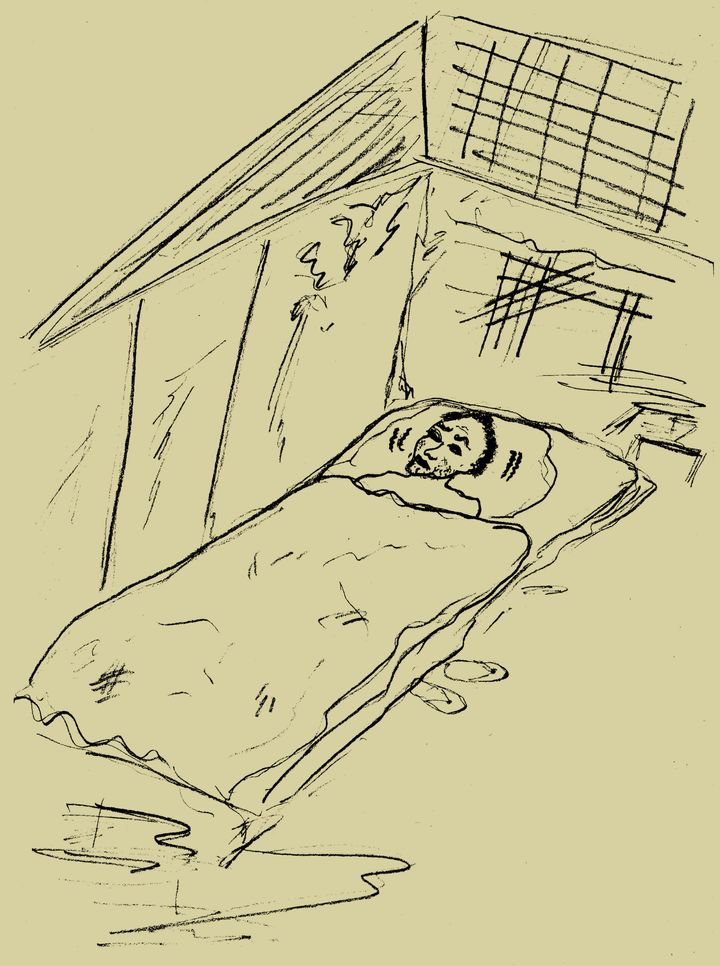The Vision!
Vivekananda discovered the truth by observing the reactions of different persons to the same situation. Seeing a man who had fallen on the wayside after taking intoxicating drinks, two thieves, who were themselves drunk, remarked that the man must be a thief like themselves who had got drunk after a thieving expedition in the night. A man subject to epileptic fits thought that the man must have fallen in a fit.
A sadhu (ascetic) seeing the unconscious state of the man, thought that he might be a yogi in a state of Nirvikalpa Samadhi (super conscious state of meditation) and started massaging his legs reverentially. These varied reactions showed that men judge things not as they really are, but on the basis of their own feeling and experiences.
Vivekananda then realised that his doubts regarding the spiritual eminence of Swami Ramakrishna Paramahamsa were the result of his own misguided thinking and had no relation to Paramahamsa’s qualities. He realised that there was no blemish in Ramakrishna and the fault lay with his own feelings. He regretted having come away from Ramakrishna and confessed to his mother his grievous mistake.
He appealed to his mother to permit him to go back to Ramakrishna. She allowed him to act according to his inclinations. Vivekananda realised that man’s wayward thoughts accounted for his doubts and confusion regarding the Divine. The Divine is beyond blemish and deficiencies. Hence God is described as perfect, free from any taint, formless and attributeless.
One sees only a reflection of one’s self in the outer world. It is the vision that accounts for the difference, just as the colour of the glass one wears alters the colour of the world one sees through it. Changes your outlook and the world will appear differently.


Comments ()